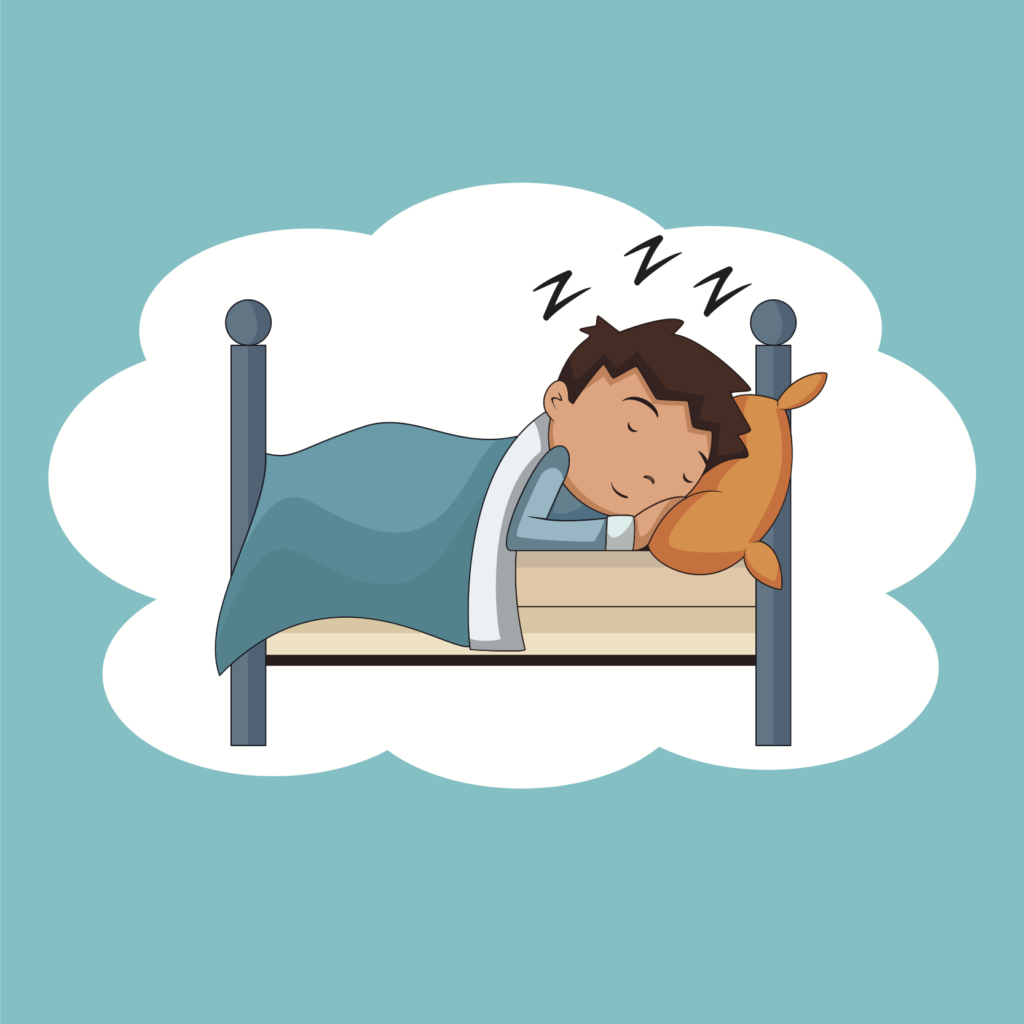Sleep is a fundamental pillar of our ordinary fitness and well-being. It’s all through these valuable hours that our bodies repair, rejuvenate, and prepare for the challenges of the day in advance. Yet, in our speedy-paced international, sleep regularly takes a backseat. But do not worry, reclaiming your slumber is less difficult than you believe you studied. The key lies in expertise and imposing sleep hygiene.
Understanding Sleep Hygiene
Sleep hygiene encompasses a fixed set of practices that sell higher sleep quality. It’s approximately developing an environment and routine conducive to restful nights. Think of it as crafting a nap sanctuary – a place in which your body and thoughts can unwind and recharge.
ALSO READ: How Mattress Firmness Impacts Your Sleep & Well-Being
Why is sleep hygiene critical?
Physical Health: Improves immune features, heart fitness, and metabolism.
Mental Health: Enhances temper, memory, and cognitive characteristics. Emotional Well-being: Reduces stress, anxiety, and irritability.
Performance: Boosts energy tiers, productiveness, and recognition.
ALSO READ: A Guide To Space Saving Sofa: Factors & Types To Consider
Signs of Poor Sleep Hygiene
If you’re experiencing any of those signs, your sleep hygiene may need a track-up:
- Difficulty falling asleep
- Frequent awakenings at some stage in the night time
- Daytime sleepiness
- Difficulty concentrating
- Mood swings
ALSO READ: 8 Modern Living Room Design Ideas With Stylish Sofas
Building Your Sleep Sanctuary
Your bedroom should be your sleep oasis. Here’s how to create it:
- Optimize Your Sleep Environment:
- Keep it cool, dark, and quiet.
- Invest in a comfortable mattress and pillows.
- Declutter your space.
- Use blackout curtains or an eye mask.
- Consider earplugs or a white noise machine.
- Create a Relaxing Bedtime Routine:
- Unplug from electronics at least an hour before bed.
- Practice relaxation techniques like meditation or deep breathing.
- Create a soothing bedtime routine involving calming activities.
- Avoid stimulating activities before bed.
Cultivate Healthy Sleep Habits
Your daily habit notably impacts sleep first-class:
- Prioritize Sleep: Treat sleep as a non-negotiable a part of your day.
- Regular Exercise: Engage in physical interest however avoid excessive workouts near bedtime.
- Watch Your Diet: Consume balanced meals and limit caffeine and alcohol.
- Manage Stress: Incorporate stress control techniques into your daily life.
- Limit Daytime Naps: Short naps can be fresh, but long or common naps can interfere with nighttime sleep.
ALSO READ: Importance of Good Mattress: How To Choose The Right One
The Role of Technology
Technology can be each a friend and foe in terms of sleep. Here’s a way to strike a stability:
- Blue Light Exposure: Reduce display time before bed. Use night time shift mode or blue mild filters.
- Smartwatches and Sleep Trackers: These gadgets can offer insights into your sleep styles but should not update professional advice.
Common Sleep Myths Debunked
- Myth: You can “trap up” on sleep on weekends.
- Myth: Sleeping extra will make you worn-out.
- Myth: Alcohol helps you sleep.
Sleep Hygiene for Specific Groups
- Shift Workers: Implement techniques to align your sleep together with your work time table.
- Seniors: Address age-related sleep modifications with unique sleep hygiene adjustments.
- Children and Teens: Create constant sleep workouts and set up healthy sleep habits early on.
Improving Sleep Hygiene: A Step To Step Guide
- Assess Your Current Sleep Habits: Identify regions for improvement.
- Create a Personalized Sleep Plan: Tailor your technique primarily based on your lifestyle and needs.
- Be Patient and Consistent: Building new behavior takes time.
- Seek Professional Help: If sleep problems persist, consult a healthcare issuer.
FAQs About Sleep Hygiene
- How long does it take to establish good sleep hygiene? It can take several weeks to notice significant improvements.
- Can sleep hygiene help with insomnia? Yes, sleep hygiene is a cornerstone of insomnia treatment.
- Is it okay to nap during the day? Short naps can be beneficial, but avoid long or frequent naps.
- What is the ideal sleep duration? Most adults need 7-9 hours of sleep per night.
- Can exercise help with sleep? Regular exercise promotes better sleep, but avoid intense workouts close to bedtime.






